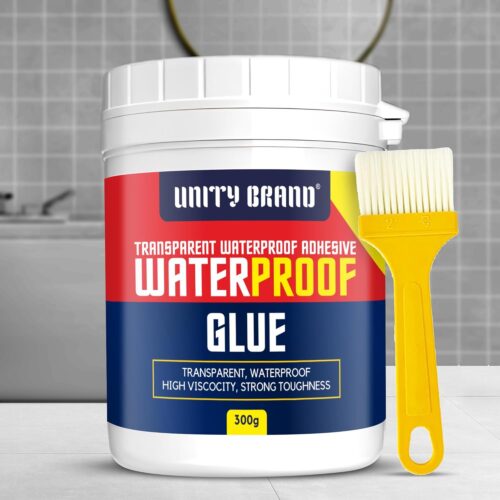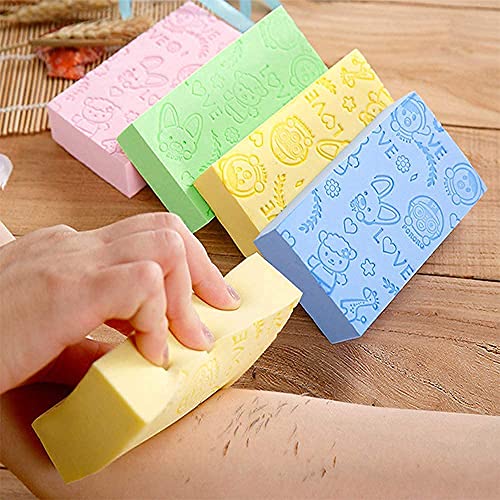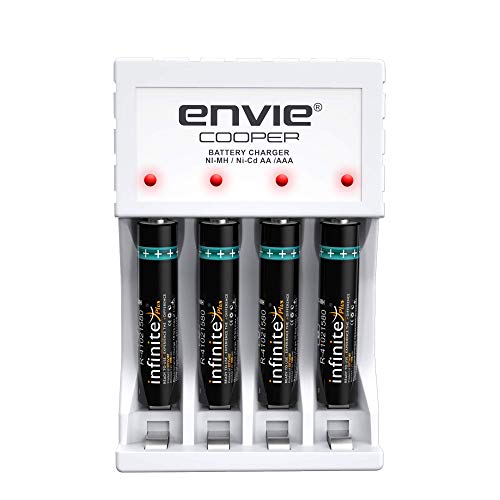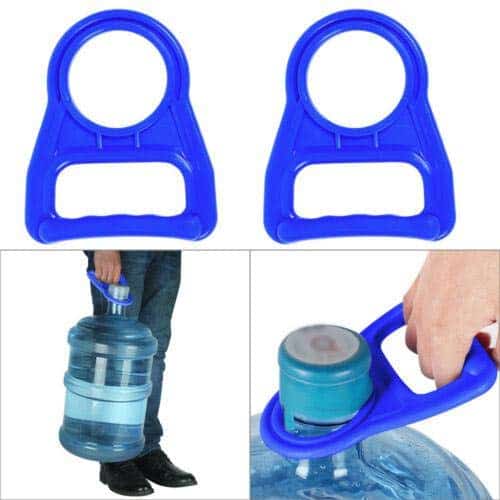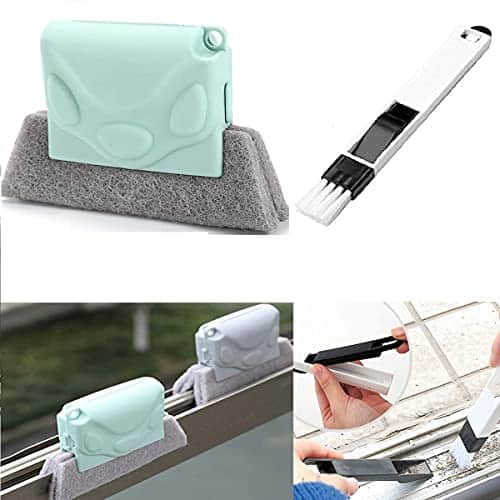Description
Waterproof Glue: The Ultimate Solution for Long-Lasting Bonds
When it comes to repairs, DIY projects, or even outdoor crafts, the strength of your adhesive matters. But what about projects exposed to water, humidity, or extreme weather? This is where waterproof glue proves to be an absolute game-changer.
Whether you’re fixing a broken garden pot or assembling materials for a marine application, choosing the right waterproof adhesive ensures durability and peace of mind.
What is Waterproof Glue?
Waterproof glue is a specialized adhesive designed to resist water exposure without breaking down or losing its bond. Unlike regular glues, it remains strong even when submerged or exposed to moisture for extended periods. It works well with a variety of materials including wood, plastic, metal, ceramic, rubber, and more.
Key Benefits of Waterproof Glue
1. Durability in Harsh Conditions
Waterproof glue offers high resistance to rain, humidity, and even submersion. This makes it ideal for outdoor furniture, garden décor, boats, and other projects exposed to moisture.
2. Versatile Material Compatibility
From wood and glass to plastics and metals, many waterproof adhesives are engineered to work across multiple surfaces. This makes them perfect for multi-material bonding.
3. Weather and Temperature Resistance
Many waterproof glues also handle extreme temperatures, making them reliable in both freezing winters and hot summers. They won’t crack, shrink, or weaken over time.
4. Indoor and Outdoor Use
You can use waterproof glue both inside and outside the home—great for kitchen and bathroom repairs, as well as patios, decks, and other outdoor structures.
Common Uses of Waterproof Glue
Fixing leaking pipes and joints
Repairing outdoor furniture
Sealing aquarium components (with non-toxic variants)
Bonding tiles or stones in wet areas
Crafting waterproof labels or art projects
Choosing the Right Waterproof Glue
When selecting the best waterproof glue for your project, consider the following:
Type of Material: Make sure the glue is compatible with the surfaces you’re bonding.
Drying Time: Some glues set quickly, while others may take several hours to cure fully.
Strength: For heavy-duty applications, look for industrial-strength options or epoxy-based glues.
Toxicity: If you’re using glue for aquariums or areas with food contact, ensure it’s labeled as non-toxic and safe.
Top Types of Waterproof Adhesives
Polyurethane Glue: Expands slightly as it cures, great for wood and porous materials.
Epoxy Adhesive: Two-part glues known for extreme strength and waterproof capabilities.
Silicone Sealants: Flexible and waterproof, ideal for sealing gaps and joints.
Marine Glues: Specially made for boats and watercraft—super durable and saltwater resistant.
Tips for Best Results
Clean the surfaces before application to remove dust, oil, or debris.
Clamp or press the items together for better bonding while the glue sets.
Follow instructions carefully regarding curing time and application methods.
Store properly to extend the shelf life of the glue.
Final Thoughts
In the world of adhesives, waterproof glue stands out for its resilience and reliability. Whether you’re dealing with leaky seams, outdoor furniture, or DIY projects that face the elements, waterproof glue ensures your repairs and creations last longer.


